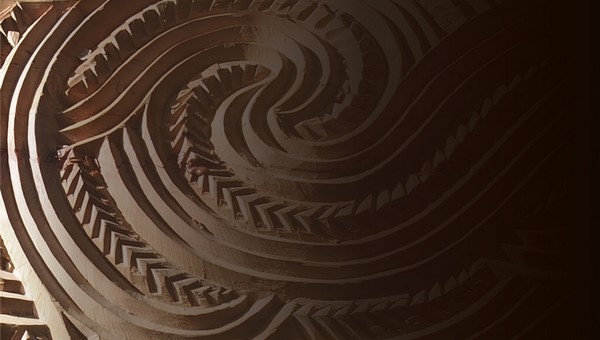Abundantly growing tōtara on Northland farms could support a viable new industry for the Northland economy, according to a two-year study.
The study found that a low volume (3000 m³), sustainable industry is achievable by harvesting single or small groups of totara and
leaving larger totara to thrive.
This farm-grown tōtara timber project has had great support from local iwi partners, who will be involved with the commercial side of the proposed industry. With their help, the industry’s predicted revenue of $3.5 million will stay in Northland communities. New regional jobs will also be created through sawmills, silviculture, log transport, cultural use and many other indirect opportunities.
In time, this project could become a great example of a resource-led value chain returning benefits to the local community.
Tapuaetahi Incorporation are owners of one of the farm harvest sites for the Northland Tōtara project. Executive Manager, Mariao Hohaia says, "The project has helped us realise that the tōtara stands across our areas should be actively managed, not just for the ecological improvements but also for future prospects from a nascent industry of this taonga, with a cultural narrative that is uniquely Te Tai o Tokerau. Now, we are looking to replant our small 18-hectare pine and gum stand in tōtara.”
Despite a limited supply, there is existing demand for tōtara timber. It is suited to a range of uses, but the project team has focused on the most suitable and highest value products, such as decorative linings, furniture, kitchenware and carvings.
Two lots of timber were harvested during the project. The timber was then used in various trials and experiments.
The project team explored how to hasten the traditional air-drying method for tōtara timber which takes a year (for 25 mm boards). Using a kiln, this was reduced to four days. Other studies examined timber volumes, durable heartwood quantity and the potential uses of non-durable sapwood.
Harvested tōtara was also used for demonstration and cultural purposes, including waka carving, creation of a kō for the Rotorua museum, and new floorboards for the Samuel Marsden Memorial Church in Matauri Bay. Some tōtara timber was also put on the market to gauge interest as part of the trial and has been sold for a ceiling in a new commercial project.
This two-year project has been part of a longer series of projects that began in 2014.
The next stage is to confirm the business strategy and develop business plans for the key business partners who could help put farm-grown Northland tōtara into the market.
Funders: Te Uru Rākau, Northland Inc., Northland Regional Council, Kiwinet, Scion
Collaborators: Te Taitokerau Māori Forestry Inc., Tane’s Tree Trust (and their Northland Tōtara Working Group), Northland Inc., Te Uru Rākau

